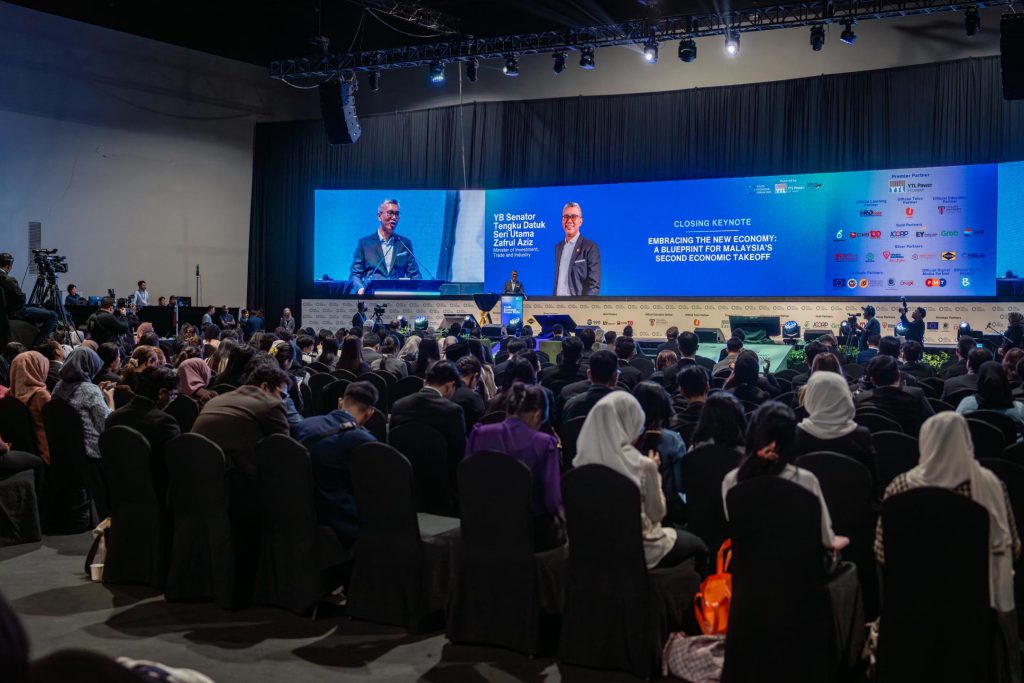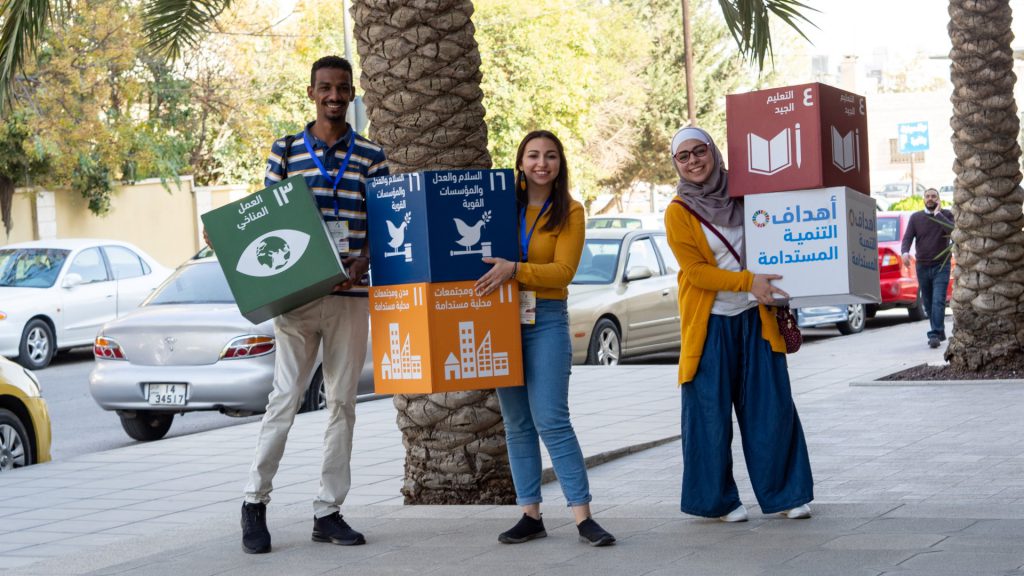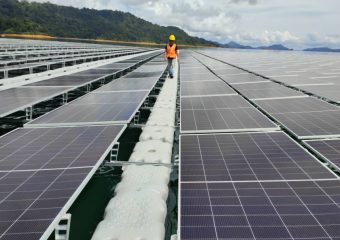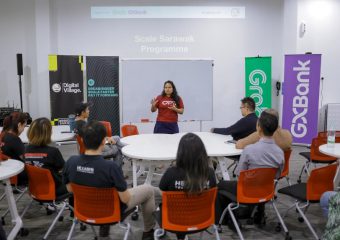Young people must be given opportunities to gain the knowledge and skills as well as access to relevant avenues to play their part in their nations’ socio-economic development. Photo by Wan San Yip on Unsplash
During the 2024 edition of the Youth Economic Forum in Kuala Lumpur last month (October), participants comprising tertiary students and young professionals were reminded of their role in addressing economic challenges, taking advantage of opportunities, and shaping the future of Malaysia.
As the country is embracing the digital economy, sustainability and industrial modernisation to propel itself towards becoming an advanced nation by 2028, Malaysian youths are urged to equip themselves to become highly skilled talents who can contribute actively to socio-economic growth at the national level.
“I want to remind you that the new economy we are building is not just for you – it is with you.
“We are laying the foundation for an economy that is resilient, competitive, and inclusive, driven by technology, sustainability, and innovation,” said Minister of Investment, Trade and Industry Malaysia Tengku Zafrul bin Tengku Abdul Aziz in his keynote address during the closing ceremony of the forum.
Indeed while those aged 15 to 24 years account for around 1.2 billion or 16 per cent of the global population at present, their numbers are expected to grow to almost 1.3 billion by 2030, making the youth in general as instrumental as their adult counterparts in guaranteeing meaningful and sustainable development.

Their role in the progress of societies, nations and Earth cannot be underestimated, more so when they will inevitably inherit the world from those who come before them and pass it on to future generations.
Essentially, when they possess the knowledge and are provided the platform and support required to flourish, they can influence decision-making at every level of government, as well as connect younger and older generations by initiating and implementing collaborative efforts within their communities.
Furthermore, with their fresh perspectives, innovative ideas and in-depth understanding, they might be able to come up with breakthrough solutions to solve systemic problems that are affecting the society they live in significantly.
Around the world, various organisations are undertaking numerous efforts to empower the youth to be heavily involved in the progress of their respective countries.

For instance, the United Nations Development Programme (UNDP) has been supporting young people particularly from the Global South to help their communities through its Funding Window.
It has since provided allocations for initiatives focusing on, among others, building peace and social cohesion, providing employment, promoting skills training, combating gender-based violence, and rehabilitating agricultural lands in Africa and South America.
Another international organisation namely the World Economic Forum has initiated the Global Shapers Community, comprising a network of innovators, activists and change-makers under the age of 30 who “work together to advance local solutions to pressing challenges.”
Following its launch in 2011, the initiative has developed more than 2,440 projects in a wide range of areas impact economic and social well-beings of the people. These Impact Areas, as they are called, include:
- Protect the Planet, e.g. lower emissions, combat drought, respond to natural calamities, protect biodiversity, safeguard nature, encourage sustainable consumption, and more.
- Reskill for the Future, e.g. provide every individual access to quality education, skills and jobs to ensure that no one is left behind in the Fourth Industrial Revolution, at the same time fostering new work standards, digital literacy and online safety, among other initiatives.
- Strengthen Civic Engagement, e.g. empower leadership among minorities, encourage citizen participation in voting, inspire young people to run for local politics, and guarantee representation in decision-making and solution-building throughout all tiers of society.
- Create Inclusive Communities, e.g. advocate for human rights and challenge negative stereotypes regarding gender, race, sexual orientation, disability, homelessness, and more.
- Improve Health and Well-being, e.g. attain health equality, ensure access to healthcare services, tackle social health determinants, enhance mental health support for youth, and respond to pandemics.
- Deliver Basic Needs, e.g. respond to local disasters, provide humanitarian assistance, eliminate hunger, fight extreme poverty, and engage in various initiatives to aid the world’s most vulnerable populations.

References:
BERNAMA. (2024, October 26). Youth Economic Forum Serves As A Platform For Youths In Nation-Building. https://bernama.com/en/news.php?id=2356728
Centering young people’s voices in global decision making. (2024, September 10). World Economic Forum. https://www.weforum.org/impact/raising-awareness-and-sourcing-solutions-for-the-issues-that-matter-most-to-young-people/
Empowering the future: how Global Shapers are advancing the youth agenda. (2024, September 10). World Economic Forum. https://www.weforum.org/stories/2024/07/global-shapers-annual-summit-empowering-the-future/
Five ways young people are contributing to their communities. (2023, August 11). UNDP. https://www.undp.org/stories/five-ways-young-people-are-contributing-their-communities
Kahuria, A. (2023, August 8). The role of youth in development. Bond | the International Development Network. https://www.bond.org.uk/news/2023/08/the-role-of-youth-in-development/




